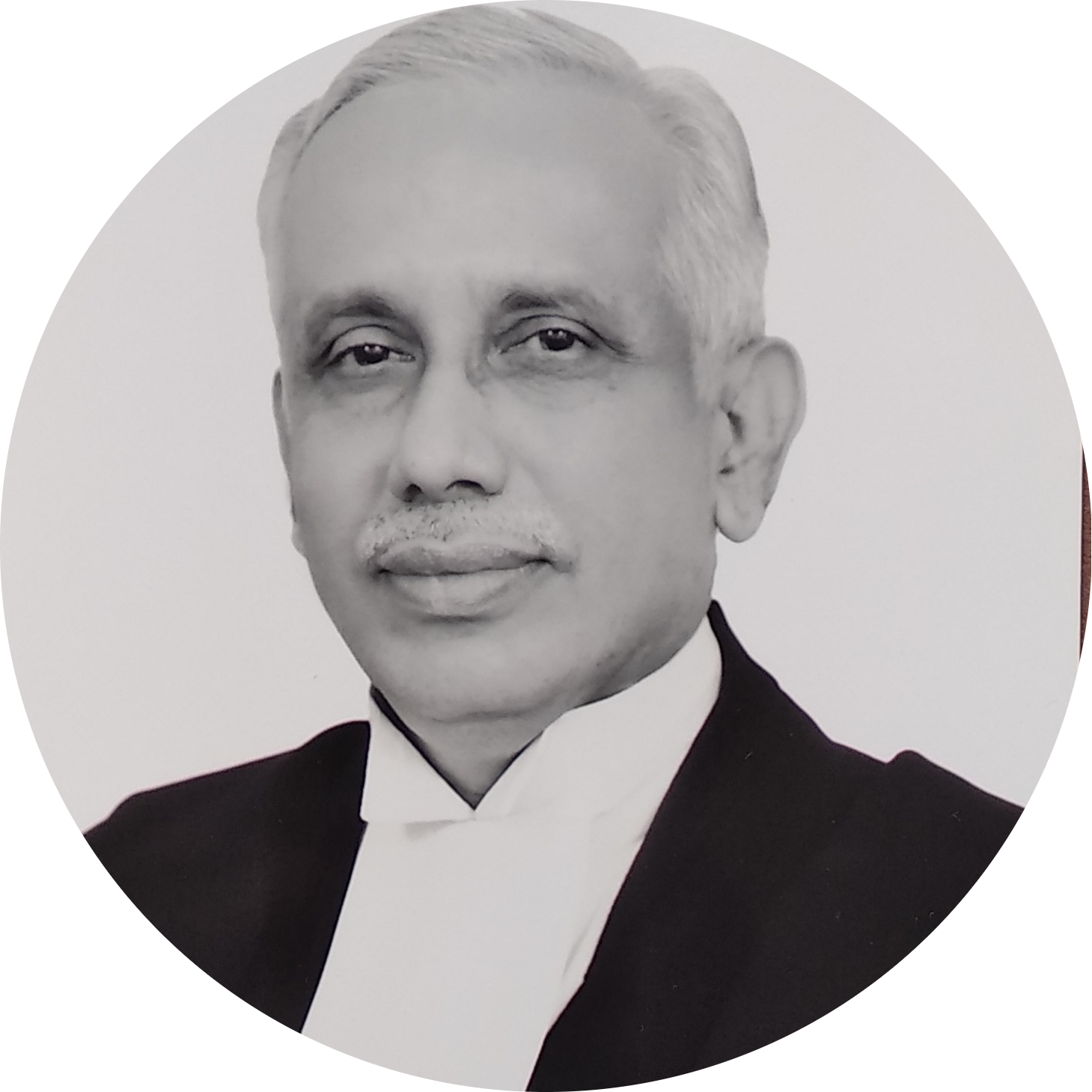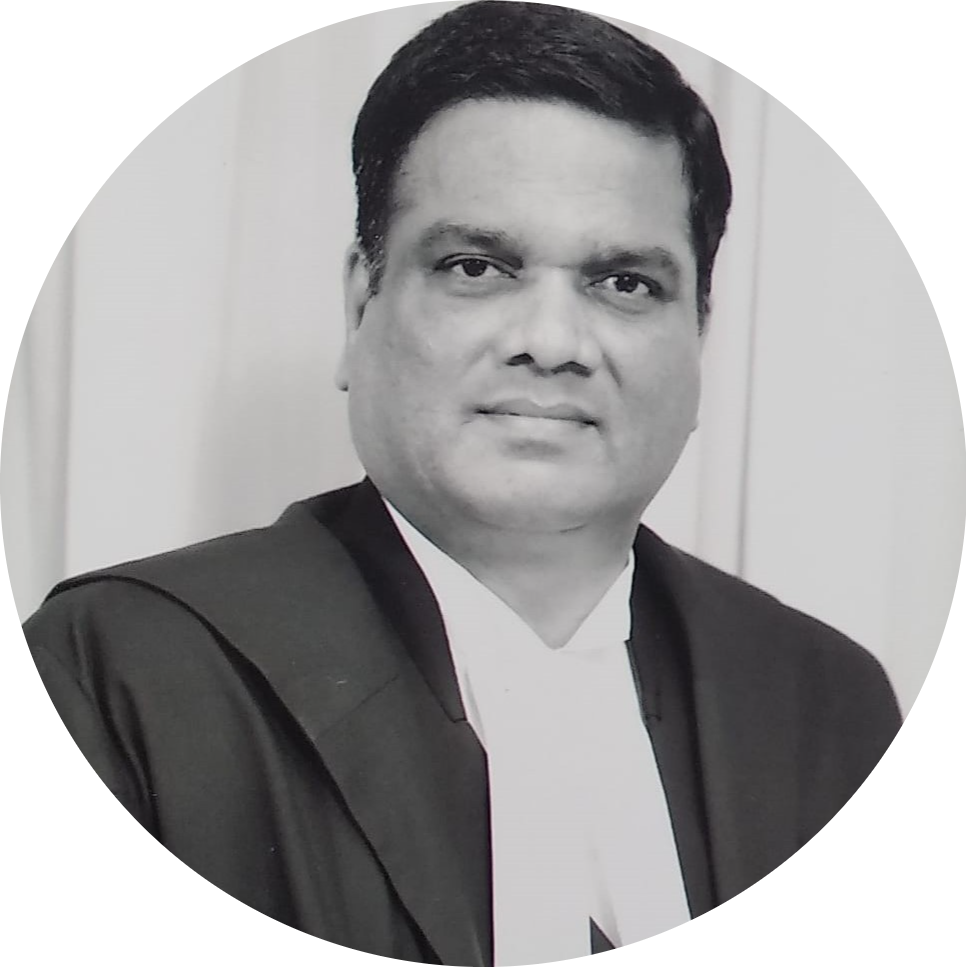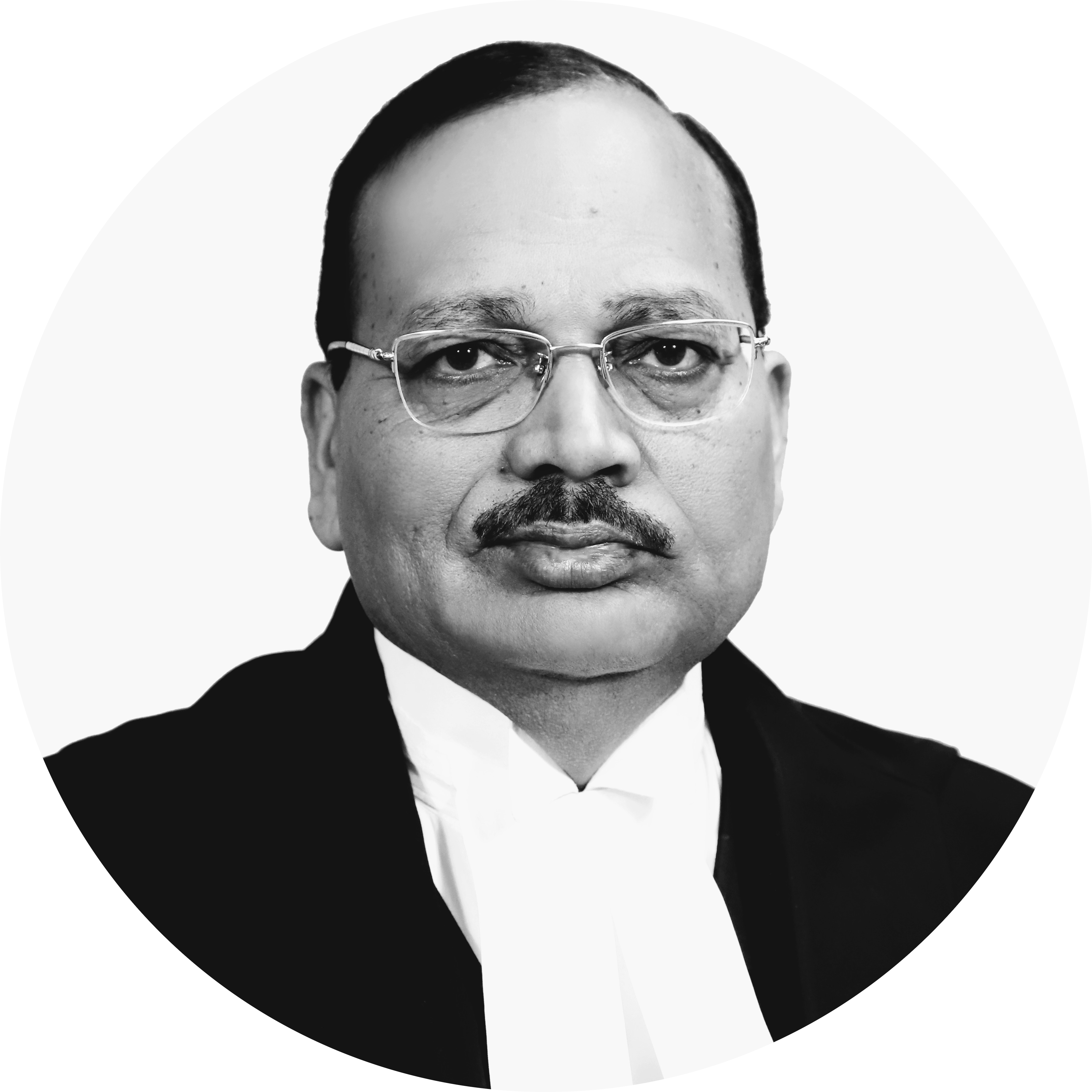Muslim Women’s Right to Pray in Mosques
Yasmeen Zuber Ahmad Peerzade v Union of India
The Supreme Court will decide whether practices prohibiting the entry of women into mosques violates the right to equality under Article 14 of the Constitution and whether such a right can be enforced against non-state actors.
Pending

N.V. Ramana CJI

R Banumathi J

Ashok Bhushan J

L.N. Rao J

M.M. Shantangoudar J

Abdul Nazeer J

Subhash Reddy J

B.R. Gavai J

Surya Kant J
Parties
Petitioner: Yasmeen Zuber Ahmad Peerzade; Zuber Ahmad Nazir Ahmad Peerzade
Lawyers: Ashutosh Dubey
Respondent: Union of India; Sunni Waqf Board; All India Personal Law Board
Lawyers: M.R. Shamshad
Case Details
Case Number: WP (C) 472/2019
Next Hearing:
Last Updated: December 24, 2021
Key Issues
Whether practices prohibiting the entry of women into mosques violate the fundamental rights to equality, non-discrimination, freedom of religion, and life and liberty.
Whether the fundamental right to equality of Muslim women can be enforced against non-state actors, i.e. Mosques in this case?
Whether the act of preventing the females from entering mosque is violative of Article 44 of the Constitution of India, which encourages the State to secure a uniform civil code for all citizens?
Case Description
In October 2018, Yasmeen Zuber Ahmed and her husband Zuber Ahmed wrote a letter to the Mohmdiya Jama Masjid, Bopodi, Pune to seek permission for Yasmeen to enter local mosques to offer namaz (prayer). The Mohmdiya Jama Masjid administration responded, stating that women may not enter mosques in Pune and other areas. However, they also stated that they referred the request to Daud Kajha and Daud Ullum Devvand. After receiving no response from either Daud, the petitioners wrote a reminder letter in November 2018. In response, the Imam of Jama Masjid, Bopodi, Pune refused the request, but again expressed that he would refer the matter to higher authorities, saying that he was unsure about whether women could enter mosques.
Aggrieved by the vague reasons cited by the Imam, the petitioners approached the Supreme Court by way of a Public Interest Litigation (PIL), filed on March 26th 2019. Their PIL challenges practices prohibiting the entry of Muslim women into mosques on the ground that they are unconstitutional. In particular, the petition argues that such practices violate of the fundamental rights to equality, life and liberty and freedom of religion under Articles 14, 15, 21, 25 and 29 of the Constitution.
Further, the petitioners argue that practices that prohibit Muslim women from entering mosques stand in conflict with the Holy Quran and various Hadiths, which do not require gender segregation. The Quran does not prohibit women from offering prayers where men do.
The petitioners also contend that customs that prohibit women from entering mosques stand in conflict with Article 44 of the Constitution of India, which encourages the State to secure a uniform civil code for all citizens, by eliminating discrepancies between various personal laws currently in force in the country.
The petition relies substantially the Constitution Bench judgment in the Sabarimala case. In September 2018, the Supreme Court struck the Sabarimala Temple’s custom of prohibiting menstruating women from enter its inner sanctum. In the present case, the petitioners argue that religious customs cannot be used as cover to deny rights of worship to women and, further, their dignity.
On April 16th 2019, the Supreme Court admitted the case and issued notice to the Central Government, the Sunni Waqf Board and the All India Muslim Personal Law Board.
